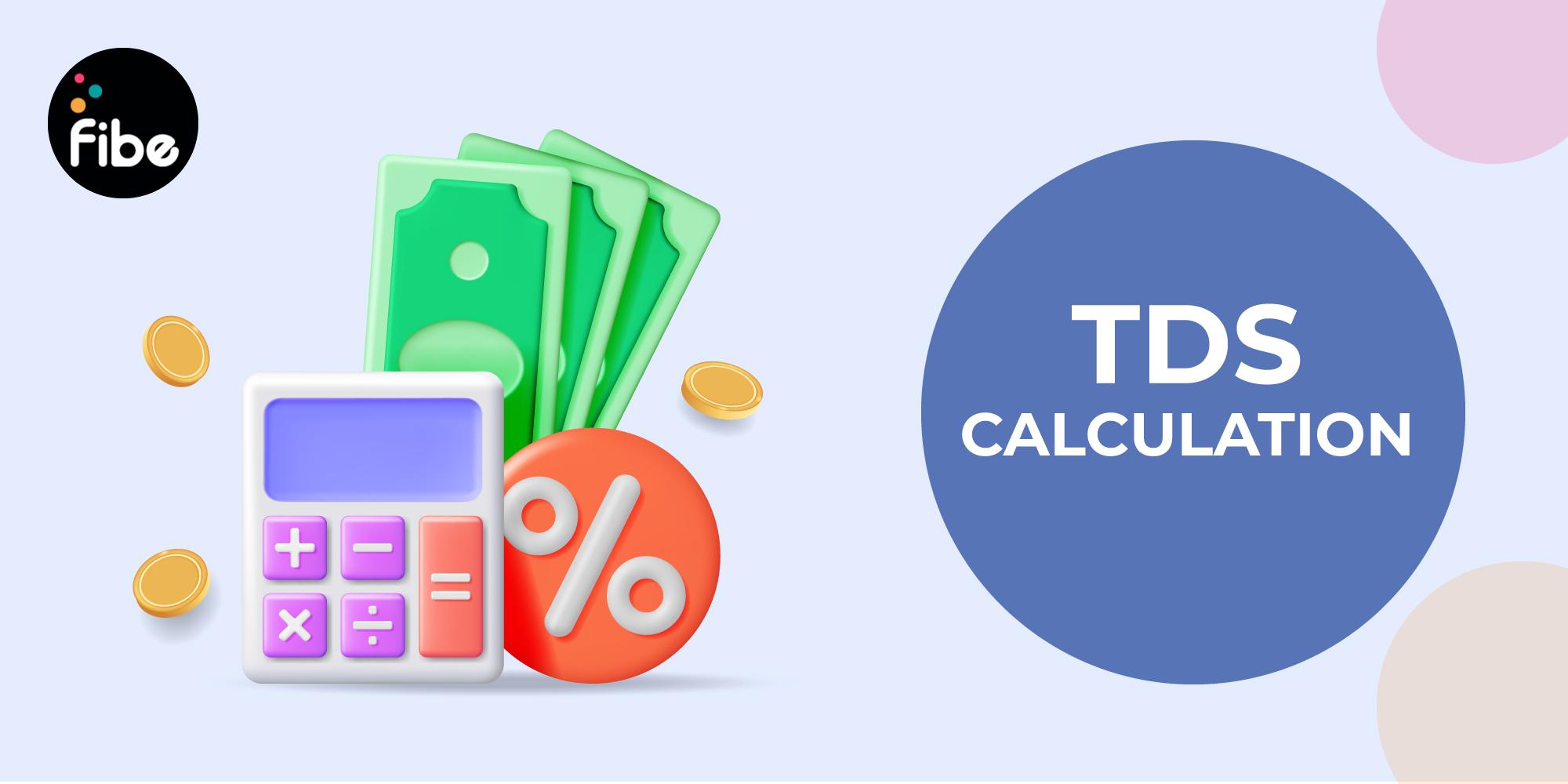
One of the main components of salary taxation is TDS on salary or Tax Deducted at Source on salary. The salary you get each month is generally lower than the CTC mentioned at the time of your hiring. This is because taxes are deducted from your gross salary before you receive it.
The applicable rate of Tax Deducted on Source on salary determines the amount you get as monthly compensation. However, the tax authorities adjust TDS against your total tax liability.
To know more about this and how to calculate TDS on your salary, read on.
TDS is a form of tax deducted by the payer when making the payment that is treated as income. As per the Income Tax Act of 1961, the payer must deduct a percentage of the total amount as TDS and deposit it to the IT authorities. The TDS percentage for salary depends on the income tax slab you fall under.
In the case of Tax Deducted at Source on salary, the employer needs to deduct TDS from your gross salary before making payment of the monthly dues. As per Section 192 of the Income Tax Act, TDS is compulsory and applicable to your regular salary as well as any advance or arrears.
The annually issued Form 16 reflects Tax Deducted at Source on salary. However, the total taxable value is zero if your income is below the basic exemption limit. Here is the basic exemption limit for different age groups:
Your salary slips generally mention TDS. However, if you wish to calculate the value of TDS deducted from your salary manually, you can follow these steps.
The employer is responsible for deducting TDS on salary at the time of paying salary to the employee. Employers can only deduct TDS when making the actual salary payment if the employee’s salary exceeds the taxable income limit. If your salary is below or equal to ₹2.5 lakhs, employers will not deduct TDS from your salary.
Here are the employers who are liable to make TDS deductions on salary:
Under Section 192, an employer is liable to deduct TDS from an employee’s salary while paying their salary. Therefore, they deduct TDS every month since the employees receive their salaries monthly. The employer may have to face penalties and interest charges in case they fail to deduct TDS.
Now that you know about TDS on salary, you can plan your income and expenses along with the taxes based on this deduction. A large tax burden can sometimes strain your finances. However, you can get funds for all your financial needs with Fibe.
Fibe’s Instant Personal Loan offers up to ₹5 lakhs and you can qualify for them with ease as a salaried employee. Download our Instant Loan App or log in to our website to enjoy convenient access to funds.
Suppose that you are below the age of 60 years and after all deductions, your gross taxable income is ₹10 lakhs. In this case, your total tax as per the slab plus 4% cess will amount to ₹1,17,000.
If the employer deducts TDS across the 12 months, your total monthly TDS will come to ₹9,750 as per the old regime. For ease and speed, you can use the TDS calculator on the Income Tax website.
To calculate TDS on salary, you first need to calculate your annual gross income by adding all the perks, commissions, allowances, etc., to your basic salary. Deduct all the exemptions available under different sections of the Income Tax Act after adding income from any other source.
This would be the total taxable income based on which your tax slab will decide the rate of TDS on your salary.
As per Section 192 of the Income Tax Act of 1961, the TDS amount depends on the income tax bracket applicable to you.
The employer is liable to deduct TDS at the time of payment of salary to the employee and pay it to the Income Tax authorities.
You cannot avoid TDS on your salary unless your income is under the minimum taxable threshold. However, you can reduce TDS by submitting investment proofs, insurance premium receipts and proof of other allowances and deductions to your employer at the start of the financial year.
Yes, if you have paid tax in excess, you can file for an Income Tax Return and get a refund.